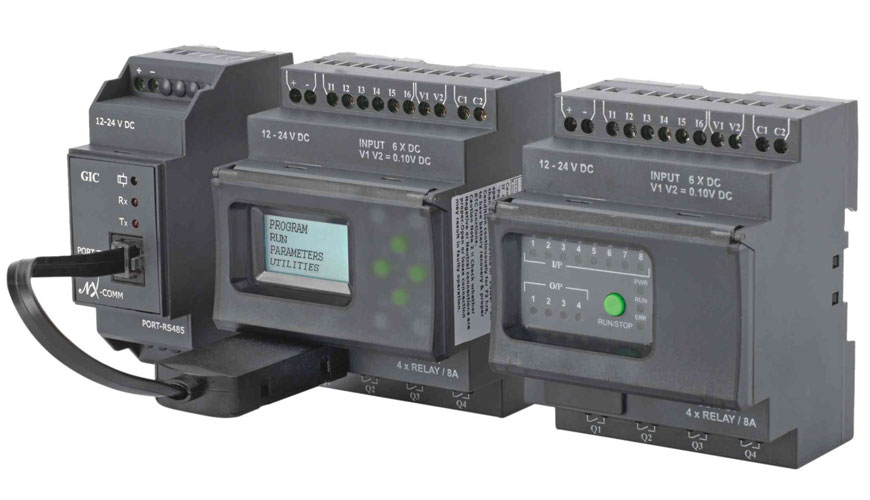

EUROLAB laboratory provides testing and compliance services within the scope of EN 61810-2 standard. This part of the EN 61810 standard covers test conditions and provisions for the evaluation of endurance tests using appropriate statistical methods to obtain reliability characteristics for relays.

This document applies to electromechanical basic relays that are considered non-repairable items (ie items that are not repaired after failure). This document does not cover procedures for electromechanical basic relays for which advanced requirements apply for verification of reliability.
Within the IEC 61810 series of basic standards covering basic electromechanical relays, IEC 61810-2 aims to provide requirements and tests that allow the evaluation of relay reliability. All information regarding endurance tests for type testing is included in IEC 61810-1.
The failure cycles of the tested items typically show a Weibull distribution, as the failure rate for basic relays cannot be considered constant, particularly due to wear mechanisms. This document provides numerical and graphical methods for calculating approximations for the two-parameter Weibull distribution, as well as lower confidence limits and a method for verifying confidence values with the WeiBayes method.
This standard is the basis of IEC 10-10-61810 for specifying reliability values for relays to which enhanced requirements for verification of reliability (B2 and B1D) apply.
The technical committee responsible for reliability developed IEC 61649, which deals with test data distributed by Weibull. It includes both numerical and graphical methods for evaluating the WeiBayes forecast as well as the data distributed by Weibull.
This document was developed on the basis of this core reliability standard. It includes test conditions and an evaluation method to obtain characteristic reliability values for electromechanical basic relays. As non-repairable items, the life of relays is primarily determined by the number of operations. Therefore, reliability is expressed in mean cycles to failure (MCTF).
Generally, equipment reliability is calculated from mean time to failure (MTTF) figures. With information on the operating frequency (cycle speed) of the relay in a piece of equipment, it is possible to calculate an effective MTTF value for the relay in that application.
Such calculated MTTF values for relays can be used to calculate relevant values for reliability, probability of failure, and availability (eg MTBF (mean time between failures)) for equipment in which these relays are included.
It is often inappropriate to say that a particular MCTF value is "high" or "low". MCTF figures are used to make benchmarks between relays of different design or construction styles and as an indicator of product reliability under certain conditions.
EUROLAB, with its more than 25 years of experience, state-of-the-art accredited laboratories and expert team, helps you get precise and fast results. Do not hesitate to contact our laboratory for your testing and certification requests.
To get an appointment, to get more detailed information or to request an evaluation, you can ask us to fill in our form and reach you.